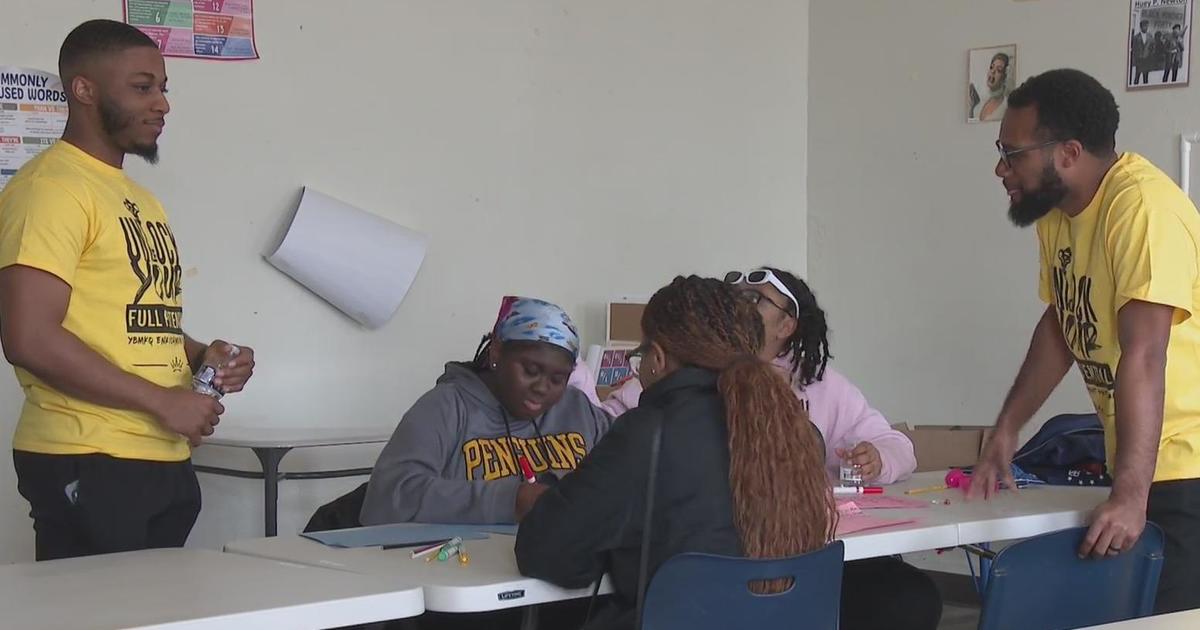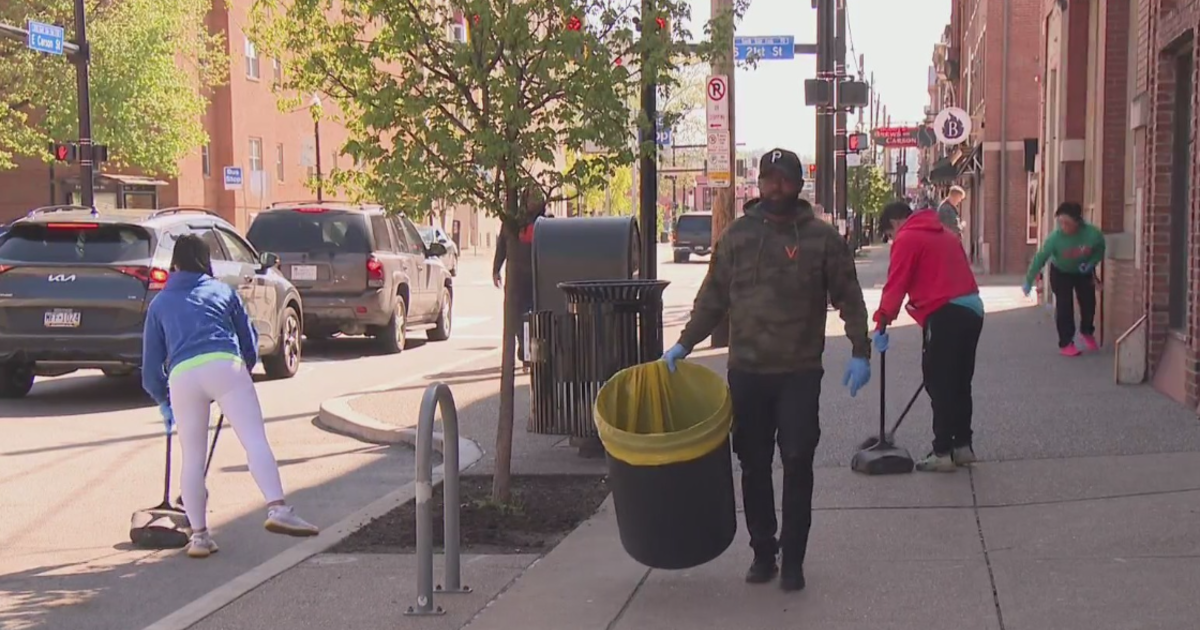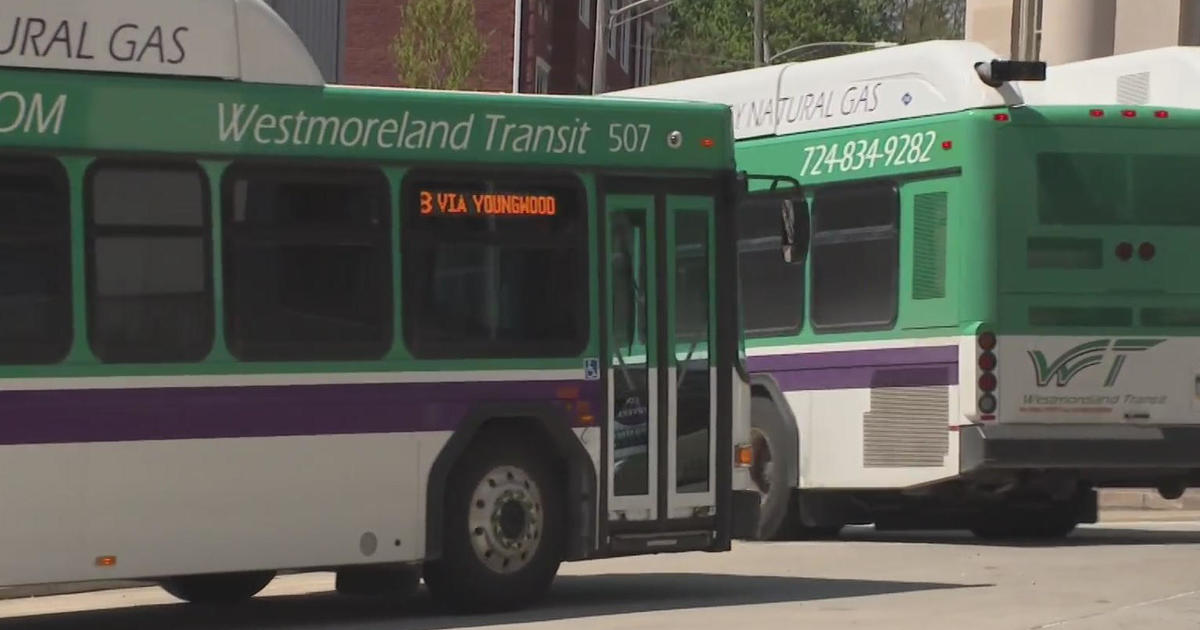Greyhound Gives Free Tickets To Young Runaways Who Want To Come Back Home
(CNN/KDKA) -- For over a decade, Greyhound Lines has partnered with the National Runaway Safeline -- an organization that seeks to keep runaway and homeless youth safe -- to reunite young people with their families and guardians.
Since 1995, the Home Free program has helped over 16,000 families by providing free bus tickets, the National Runaway Safeline says.
To get a free ticket home, a person between the ages of 12 and 21 must call the NRS helpline (1-800-RUNAWAY). They also must be named on a runaway report and be willing to return to their family. The family or guardian also needs to agree to receive them at home.
If the individual hoping to return home is under the age of 15, Home Free also provides a free ticket for the child's parent or guardian.
A person can only get a ticket home through the program twice.
There are several local Greyhound bus stations, including one in Pittsburgh on 11th Street and another at the Pittsburgh Airport. There are also Greyhound bus stations in Greensburg, Johnstown, Latrobe, New Castle and Washington.
More than just a ticket
Before a young person begins their journey home, National Runaway Safeline says it works with them and their guardians to create a plan for their return and locates resources in the community that will be able to provide support once they are settled.
After the family is reunited, group says it follows up to make sure the family member arrived home safely and provides additional resources.
Why children run away from home
The National Runaway Safeline is careful to emphasize that children who run away from home are not "bad" kids. Runaway children, the organization says, are usually running away from something, not towards something.
"They are dealing with a situation that feels overwhelming," National Runaway Safeline says, "be it family dynamics, bullying, gender identity or being lured from home over the internet. They believe living anywhere else is better; even if this means living on the streets."
Nearly half of the youth interviewed by the organization say they were thrown out of their homes. Their reasons vary, but commonly include significant family conflict that had been happening for some time.
The-CNN-Wire
™ & © 2019 Cable News Network, Inc., a WarnerMedia Company. CBS Local contributed to this report. All rights reserved.



